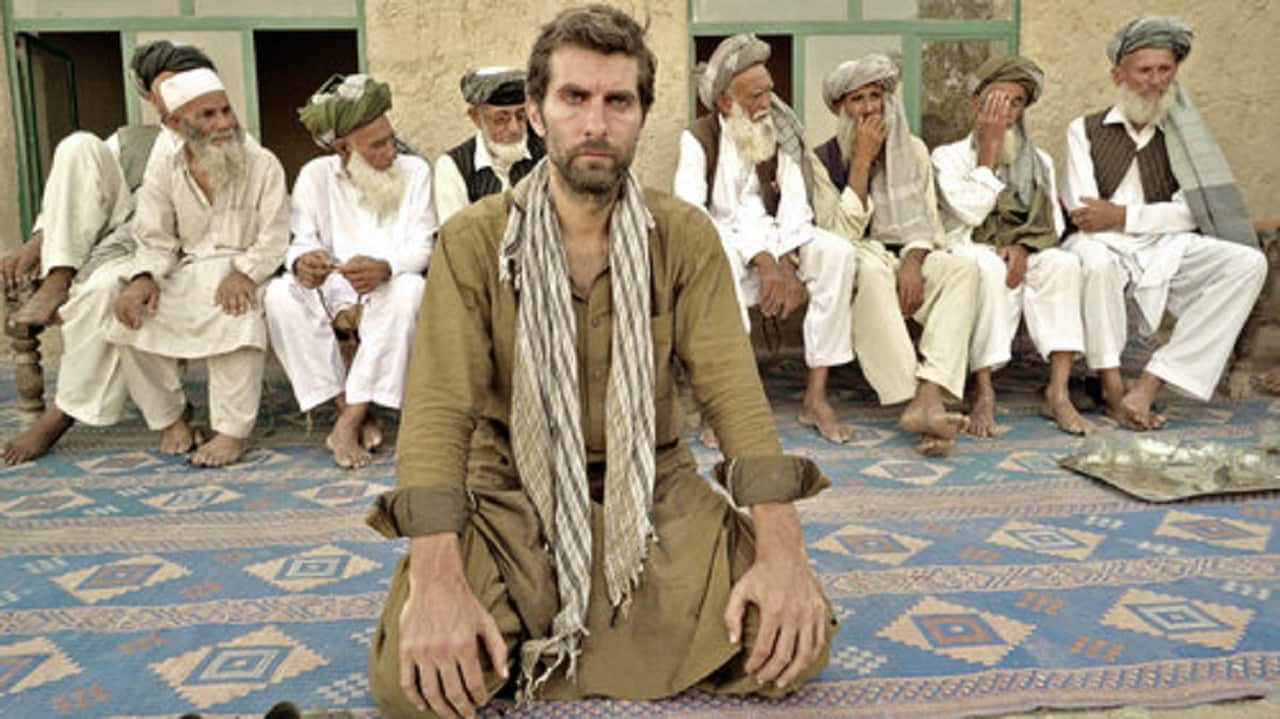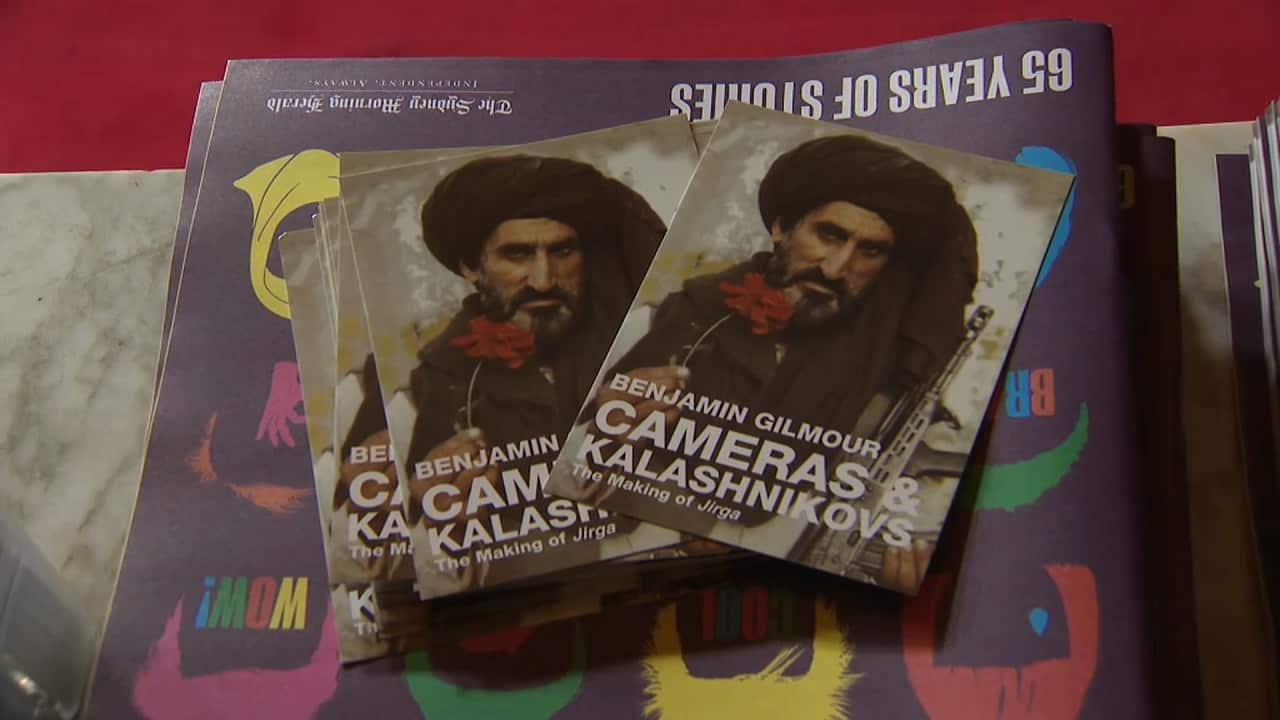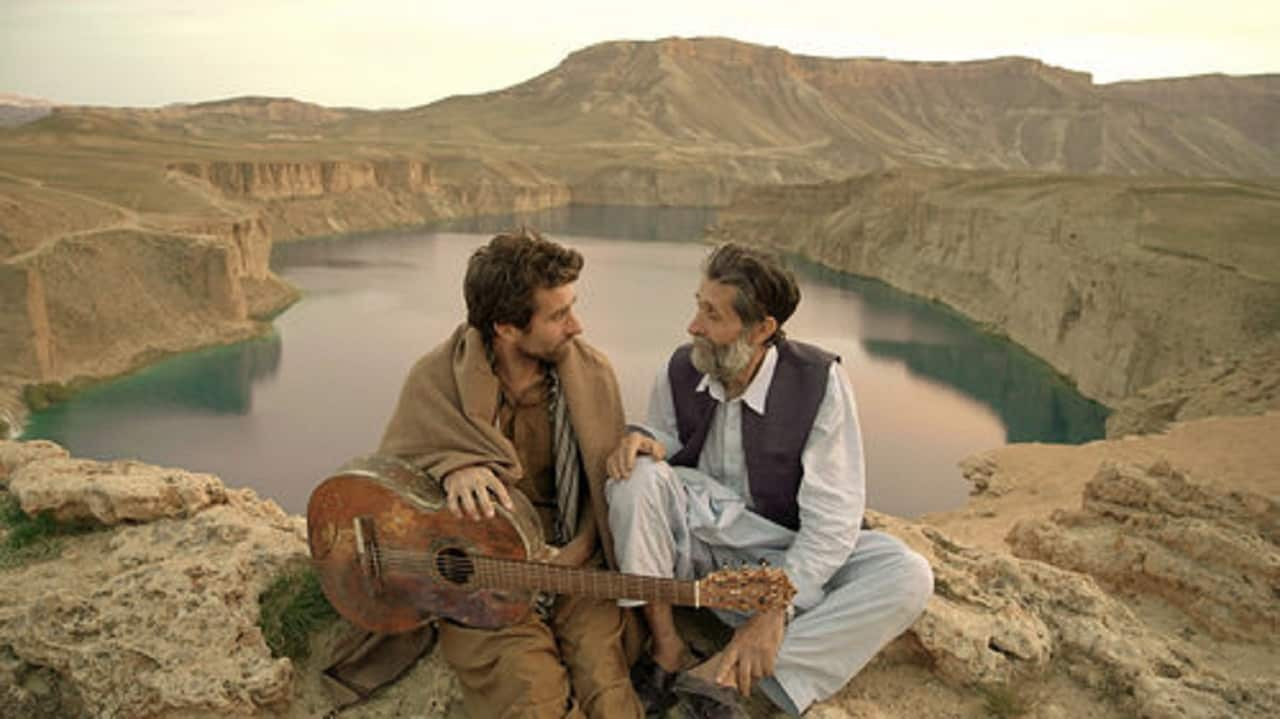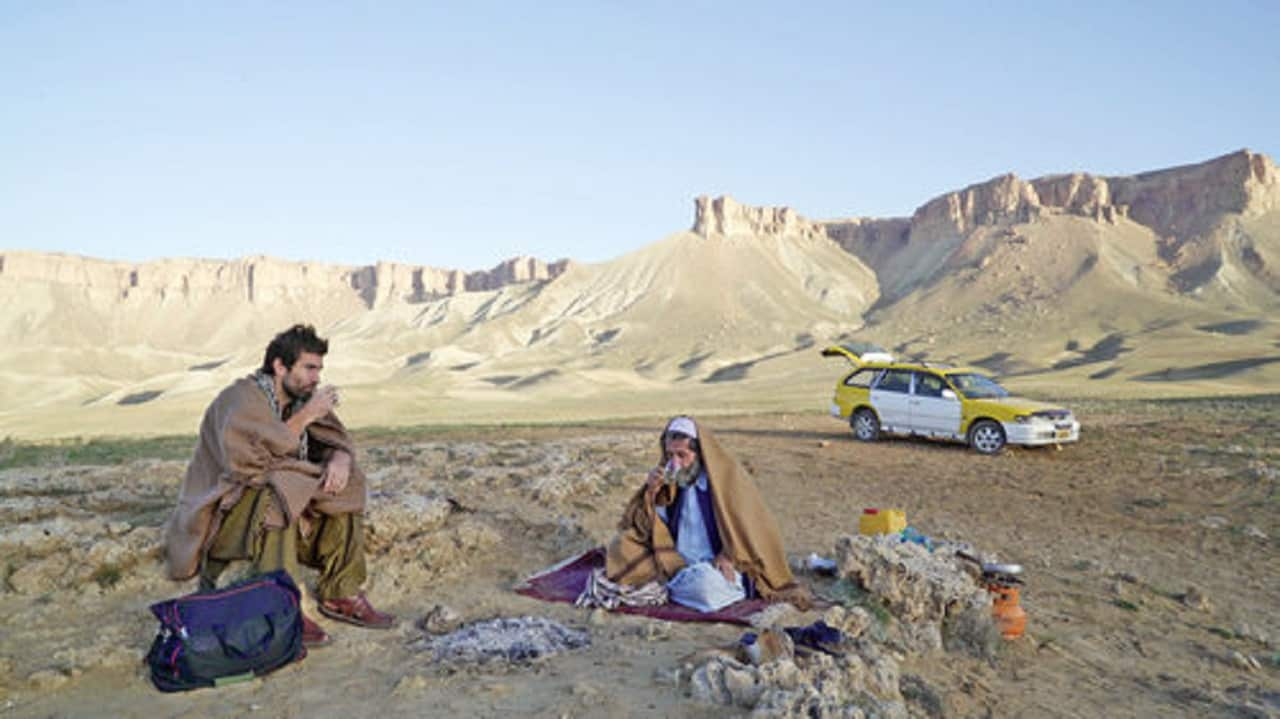‘Jirga’ is described as 'a modern morality tale' about a former Australian soldier, Mike, who returns to Afghanistan to apologise to the family of an unarmed civilian he killed in the heat of the battle.
“He's been living with this guilt and he goes back to make good a war crime that he committed,” Director Benjamin Gilmour told SBS.
The paramedic turned film director says he set out to paint a picture of the 'true Afghanistan'.

"Jirga offers an alternative view to what a lot of Hollywood war films do,” said Gilmour. “They demonise Muslims and depict them as villainous or weak, or somehow pathetic victims of this wider conflict."
The film centres around an Australian soldier who killed an innocent civilian while on deployment in the Afghan city of Kandahar. He returns to Afghanistan to make up for his mistake - and faces the traditional 'Jirga' justice system.
"This film was inspired by the people of Afghanistan,” Gilmour says. “The Muslims who live there who are beautiful people, very hospitable, kind, intelligent, dignified people who really inspire me on my previous visits to the country. This film is dedicated to them.”

The making of the film - a story in itself.
With an initial $100,000 budget for filming to be shot in Pakistan, things went awry after authorities there withdrew support for the film, deeming it too politically sensitive.
Undeterred, Benjamin Gilmour and lead actor Sam Smith decided to travel to neighbouring Afghanistan to shoot the film with a fraction of the original crew, and with danger close by.
"We had the suspicion that militants had planted IEDs in caves that we were shooting in, that we were in range of being snipered from the mountains.
“It was, in fact, a blessing in disguise,” says Gilmour.
'We accessed a certain authenticity we would never have got on the other side of the border. So we ended up with this film that feels very raw and very real and a depiction of Afghan life and the challenges they face at the moment by this war that's been imposed on them.”

'I looked at it and cried'
Reaction to the film from Sydney's local Pashtun community has been positive.
Ehsan Azari Stanizai, National Institue of Dramatic Arts Lecturer, welcomed the fact that the film moved away from what he called the stereotypical narrative of Afghanistan.
"It shows in a most realistic way, a very powerful way, the Afghan situation inside Afghanistan," he told SBS. "And also how Afghans are treating foreigners and how they are treating their guests. I was really impressed by the film, it was balanced with no political motivation."
"We ended up with this film that feels very raw and very real and a depiction of Afghan life and the challenges they face at the moment by this war that's been imposed on them” - Director Benjamin Gilmour
Sydney-based lawyer Nazir Daawar says the film carried a big message.
"It shows some realities of the war, what we think in the West and they think over there in Afghanistan.
"We Pashtuns had Jirga as our justice system, and forgiveness has a much better flavour than revenge in our culture. That message was shown in the movie."
Maryam Zahid, a human rights worker said the film was powerful.
"I looked at it and I cried because in the movie there were some scenes, because I grew up in Afghanistan myself, so it brought a lot of memories back. He (Benjamin Gilmour) went through the soul of the message and to the people, and it is the true story. That's the true pain that a lot of people suffer there."

Benjamin Gilmour says the film was mainly made in response to the ongoing 17-year war that we're in that country - the failed stabilisation strategies in Afghanistan that have relied on troop deployments there seemingly as the only dial in the engine room. Really what we need to be doing is going in there unarmed with humility and respect for the locals, ready to listen to what they want for their country."
It's important to remember, he adds, that Muslims are the greatest victims of Islamic extremism in their countries, dying in far greater numbers than any Westerners ever are.
"We need to have a solidarity with them, we need to support them and not malign them for their faith. Really these people living so far away are just like us - they want security and peace."
with Abdullah Alikhil

